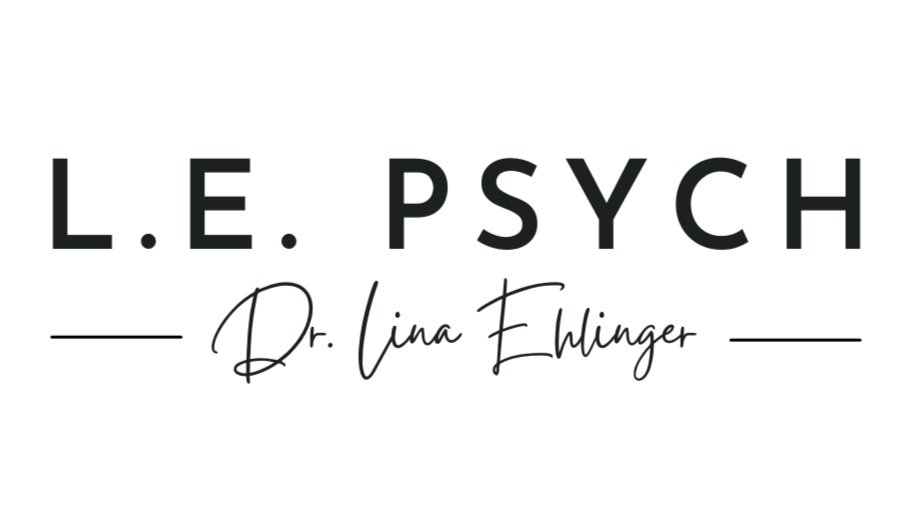The Power of Self-Care for Mental Health and Well-Being
In today’s fast-paced world, many people feel overwhelmed, burned out, or emotionally drained. Between work obligations, family responsibilities, and constant digital connection, it’s easy to neglect our own needs. Yet, caring for ourselves genuinely and consistently is one of the most important ways we can support our mental health and overall well-being.
Most of us think of bubble baths or spa days when we think of self-care, but it can also encompass an intentional practice of tuning into your emotional, physical, and psychological needs, and responding with kindness and action. When you attend to your self-care consistently, it helps reduce anxiety, prevent burnout, and improve your mood, as well as enhances your capacity to cope with life’s challenges.
What Is Self-Care?
Self-care refers to the intentional actions individuals take to nurture their health, manage stress, and improve their overall quality of life. It can include physical, emotional, psychological, social, and even spiritual dimensions. The World Health Organization (WHO) defines self-care as “the ability of individuals, families and communities to promote health, prevent disease, maintain health, and to cope with illness and disability with or without the support of a healthcare provider.”
For mental health specifically, self-care includes practices that foster emotional regulation, build resilience, and reduce symptoms of stress, anxiety, or depression. Self-care becomes an invaluable tool to help us grow and challenge ourselves sustainably and effectively.
Why Self-Care Matters for Mental Health
Prioritizing self-care can significantly impact your mental health. Here’s how:
1. Reduces Stress and Prevents Burnout
Chronic stress depletes our emotional resources, often leading to burnout—a state of mental, physical, and emotional exhaustion. Regular self-care allows you the space to recharge, recalibrate, and respond to stressors with greater clarity. Activities like mindfulness, physical movement, and setting and maintaining healthy boundaries help buffer against the effects of stress.
2. Improves Emotional Regulation
When you engage in self-care, you’re more likely to notice and tend to your emotional needs. This increases emotional intelligence and decreases reactivity. Practices like journaling, therapy, or time in nature can enhance mood stability. In addition, when you care for yourself, you can show up more authentically in relationships. You’re less likely to feel resentful or drained. Self-care also helps you maintain boundaries that help to protect your emotional energy.
In addition, a robust practice of self-care increases your resilience, which is your ability to bounce back from hardship and challenges. It’s able to do this by helping you feel more grounded and capable even during difficult times and reinforcing your sense of inner resources and control.
3. Supports Physical Health
There’s a strong link between physical and mental health. Eating balanced meals, sleeping well, and exercising all contribute to better mood and mental functioning. Chronic sleep deprivation, for instance, is linked to anxiety and depression. Maintaining healthy routines around your physical health are all effective forms of self-care.
The Pillars of Effective Self-Care
To create a meaningful self-care routine, consider each of the following areas:
1. Physical Self-Care
Prioritize sleep (Check out the CDC’s sleep hygiene tips)
Eat nourishing, regular meals
Move your body through walking, stretching, or exercise
Rest when your body asks for it
2. Emotional Self-Care
Make time to process feelings
Practice self-compassion
Express emotions through writing, art, or talking with others
Seek therapy when needed
3. Mental and Cognitive Self-Care
Engage in mentally stimulating activities (reading, puzzles, learning)
Practice mindfulness or meditation
Limit exposure to social media or the news
4. Social Self-Care
Connect with loved ones regularly
Say no when your energy is low
Set boundaries with toxic individuals
Join community groups or support networks
Tailoring Self-Care to Your Needs
There’s no one-size-fits-all approach. What restores one person may overwhelm another. The key is tuning into what you need day by day. Some days that’s solitude, others it’s connection. Self-care is meant to be flexible and responsive to your needs.
Try asking yourself:
What do I need right now?
What’s one thing I can do today to feel more grounded?
What has helped me in the past?
Tracking your habits with a journal or app can also help you notice patterns and preferences so you know what’s effective in the future.
When to Seek Professional Help
While self-care is powerful, it’s not a substitute for professional mental health care. If you’re experiencing symptoms like prolonged sadness, anxiety, hopelessness, or disconnection, it’s important to talk to a licensed therapist.
At L.E. Psych, we offer trauma-informed therapy for individuals navigating stress, grief, depression, or burnout. Therapy can be part of your broader self-care journey, offering insight, support, and healing.
Self-Care Is an Act of Courage
Choosing to care for yourself in a world that often demands more than you can give is an act of bravery. Mental health is health. And caring for your mind, body, and heart is essential. Whether you’re just beginning or looking to deepen your routine, let self-care be a path to greater peace and resilience.



